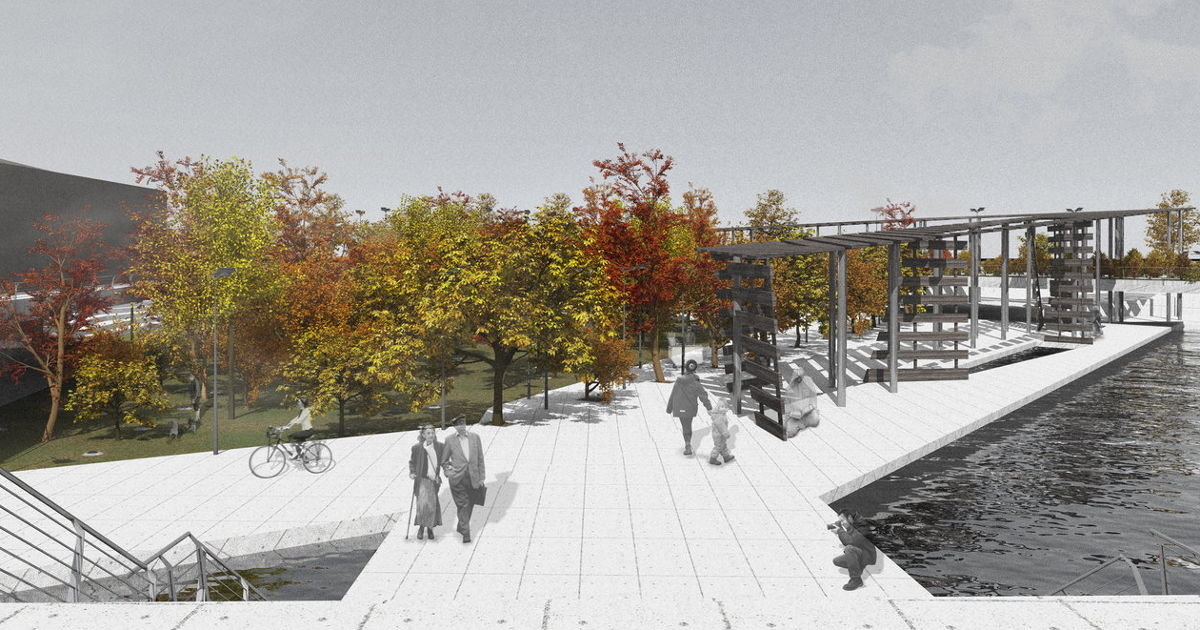
Throughout the years religious issues concerned the society. The spiritual and social concerns of every individual influence its spatial needs. Thus the creation of space which has the ability to accommodate people with different approaches of the divine is not a simple issue. For this reasons it is necessary to create spaces that promote tolerance and acceptability.
The objective of this thesis is to investigate the spatial implications of acceptance of diversity in social and religious level and coexistence. The creation of spaces that promote acceptance not only effect the social cohesion but give the people the freedom of choice, knowledge and understanding of diversity, which is the basic element to achieve social interaction. A space which is free of symbolism and dominating forces has the ability to create spatial circumstances that give the opportunity to people to create common memories regardless of religious beliefs.
The main objective of the proposal is to explore the ways in which architecture can contribute in order to achieve social and religious interaction. This space will not aim to change the religious identity of individuals, but to the maintenance and acceptance of diversity. Through the spatial translation of religiosity, spirituality and coexistence, the project's purpose is to enrich the urban fabric with wealthy public and private experiences. In this way project grants the opportunity to individuals to discover their spirituality and the "other".